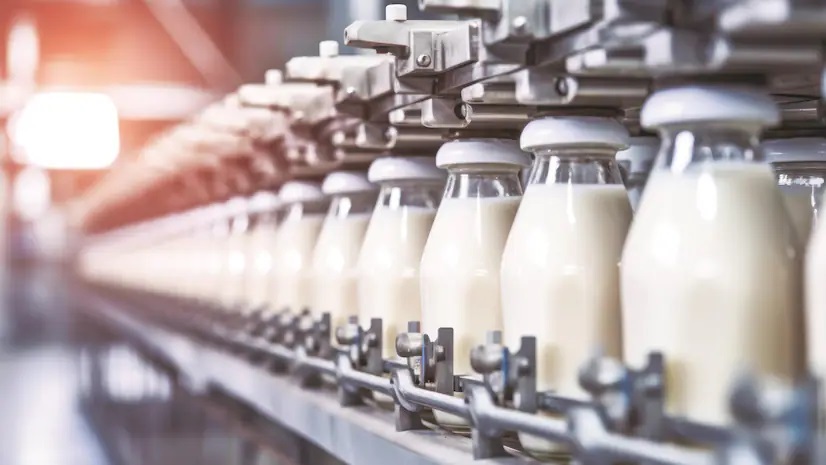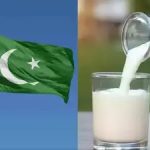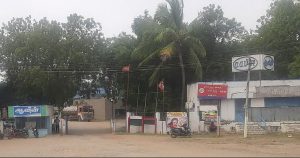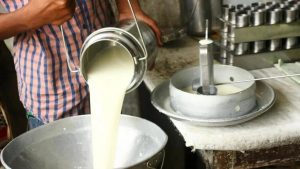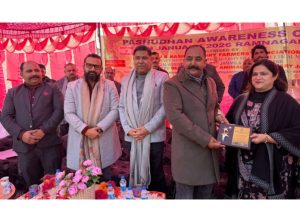
Currently, India mandates that all imported milk and milk products, pork and pork products, and fish and fish products must be accompanied by a health certificate issued by the exporting country.
The United States has asked India to postpone the mandate for health certificates accompanying imported food consignments of milk, pork, and fish by six months, according to a report by The Economic Times.
At the World Trade Organisation (WTO) meeting last week, Washington proposed delaying the certificate requirement until a mutually agreed solution is reached. The European Union, Australia, and Japan also expressed concerns regarding this matter.
Currently, India mandates that all imported milk and milk products, pork and pork products, and fish and fish products must be accompanied by a health certificate issued by the exporting country’s competent authority.
This requirement is essential to confirm that the milk has been processed to a temperature that ensures the destruction of organisms causing tuberculosis, listeriosis, paratuberculosis, Q fever, and brucellosis. Additionally, the imports must not contain drugs, antibiotics, pesticides, or heavy metal residues, the report said.
The US has criticised this measure as being trade-restrictive, specifically highlighting the duplication of certificates.
Washington stated that it ‘greatly values’ market opportunities in India and is looking forward to expedited bilateral engagement between the competent technical authorities on the import certificate requirements, aiming to minimise trade disruptions.
The report quoted the US government as stating, “Given the complexity of the issues, the US requests that the implementation of the new certificate be delayed by at least six months or until we can reach a mutually agreed solution.”
It further said that India should only implement science and risk-based sanitary and phytosanitary (SPS) measures that are “necessary to protect human, animal or plant life or health and are least trade restrictive”.
Sanitary and phytosanitary (SPS) measures include all regulations, requirements, and procedures aimed at ensuring the safety of agricultural products for humans, plants, and animals.
“We request that India notify this measure to the SPS committee and continue to allow current market access without trade disruptions as it further develops this measure,” the US government said, as quoted by the report.
You can now read the most important #news on #eDairyNews #Whatsapp channels!!!
🇮🇳 eDairy News ÍNDIA: https://whatsapp.com/channel/0029VaPidCcGpLHImBQk6x1F
